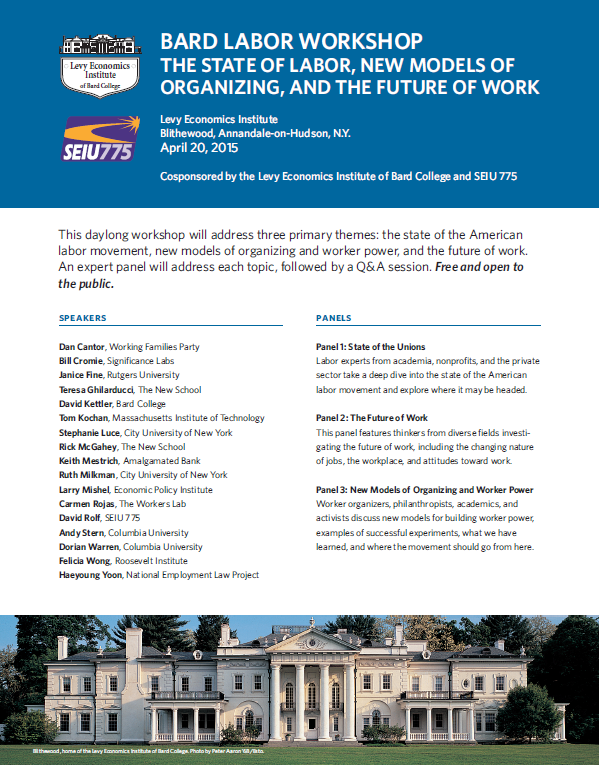Public Banking and Boom Bust Boom
While in Spain for the launch of my Modern Money Primer in Spanish, I gave a long interview for Public Television. Parts of that interview are interspersed in this segment on public banking. My interview is in English (with Spanish subtitles), while the rest is in Spanish. Other portions of my interview will be broadcast later.
The Boom Bust Boom movie on Minsky will be released next month. Watch for it. I do not know how widely it will be distributed, but it is well worth seeing. Here’s a nice piece from The Guardian:
To Move Beyond Boom and Bust, We Need a New Theory of Capitalism
By Paul Mason, The Guardian UK
23 March 15
his is the year that economics might, if we are lucky, turn a corner. There’s a deluge of calls for change in the way it is taught in universities. There’s a global conference at the Organisation for Economic Co-operation and Development in Paris, where the giants of radical economics – including Greek finance minister Yanis Varoufakis – will get their biggest ever mainstream platform. And there’s a film where a star of Monty Python talks to a puppet of Hyman Minsky.
Terry Jones’s documentary film Boom Bust Boom hits the cinemas this month. Using puppetry and talking heads (including mine), Jones is trying to popularise the work of Minsky, a US economist who died in 1996 but whose name has become for ever associated with the Lehman Brothers crash. Terrified analysts labelled it the “Minsky moment”.
Minsky’s genius was to show that financially complex capitalism is inherently unstable. Under conditions of stability, firms, banks and households will, over time, move from a position where their income pays off their debt, to one where it can only meet the interest payments on it. Finally, as instability rises, and central banks respond by expanding the supply of money, people end up borrowing just to pay back interest. The price of shares, homes and commodities rockets. Bust becomes inevitable.
This logical and coherent prediction was laughed at until it came true. Mainstream economics had convinced itself that capitalism tends towards equilibrium; and that any shocks must be external. It did so by reducing economic thought to the construction of abstract models, which perfectly describe the system 95% of the time, but break down during critical events.
In the aftermath of the crisis – which threatens some countries with a phase of stagnation lasting decades – Minsky’s insight has been acknowledged. But his supporters face a problem. The mainstream has a model; the radicals do not. The mainstream theory is “good enough” to run a business, a finance ministry or a central bank – as long as you are prepared, in practice, to ignore that theory when faced with crises.






 ShareThis
ShareThis